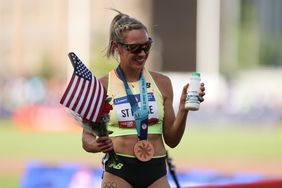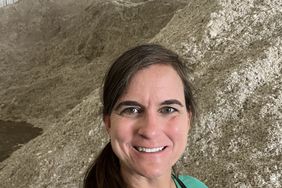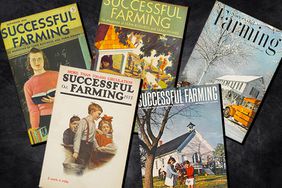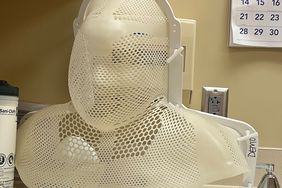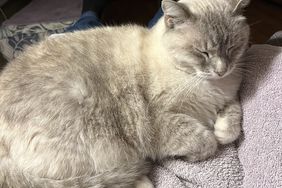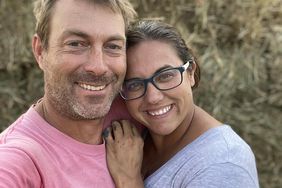I started my college career with the goal of being a large animal veterinarian. By fall of sophomore year, after looking at simple squamous cells under a microscope, trying to understand organic chemistry, and wondering what my physics professor was saying, I decided that track wasn’t for me.
Luckily, a complete major change wasn’t required. During freshman year I took Intro to Animal Science, which gave students experience working with livestock. It was an eye-opener for this city girl, sparking a love that made changing from pre-vet to the production side of agriculture easy.
My four years of undergraduate work taught me a lot. My major included many hands-on classes. At graduation my resume could include skills like shearing sheep, clipping cattle, giving vaccinations, helping deliver calves, and more. The crops and ag business classes I took taught me to identify weeds, plan crop rotations, write a business plan, and know how to market grain.
After graduation I started a job as an Extension agent, working with livestock farmers. It was then I began to understand that while I’d learned a lot in college, having the knowledge didn’t mean I knew how to be a farmer. I knew bits and pieces, theories combined with hands-on experience in a controlled environment. For example, as part of a class we had to take two nights of calf watch to help any pregnant heifers if they needed assistance giving birth. It’s easier when help is next door if the calf needs pulling vs. in real life when the closest large animal veterinarian is 45 minutes away.
I really began to understand how much I had to learn when I married a farmer and started living it daily. The day-to-day decisions, challenges, and work that go into farming aren’t something you can learn in a classroom or lab. That education comes from personal experience.
Don’t get me wrong, what I learned in college gave me a great foundation, so don’t think I’m saying college isn’t worth it. But the learning doesn’t stop when the degree is put in your hand. On the contrary, that’s when the real learning begins. You still have teachers, only now they are other farmers or agriculture professionals. You still have problems to solve, only now it’s not your GPA affected but your livelihood. If I’ve learned anything, it’s that you can’t truly understand farming until you’ve walked a season in anyone’s boots but your own.
